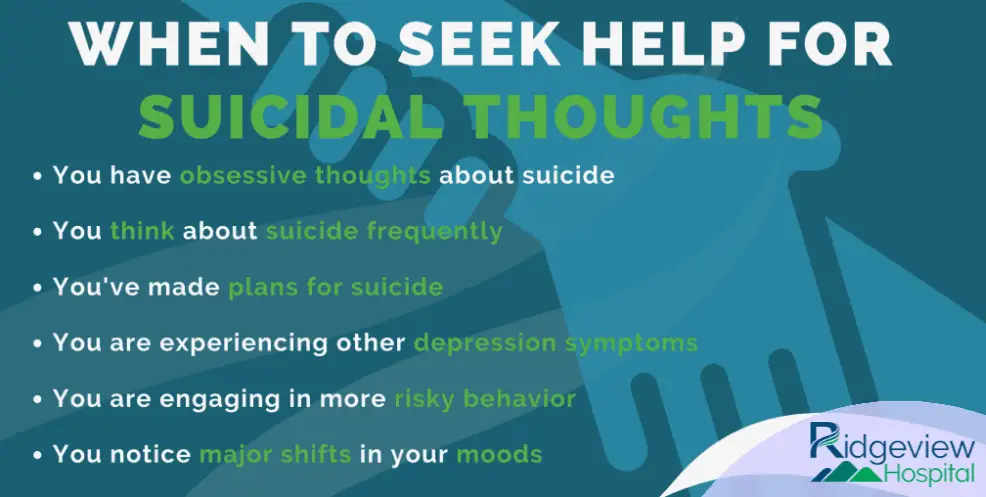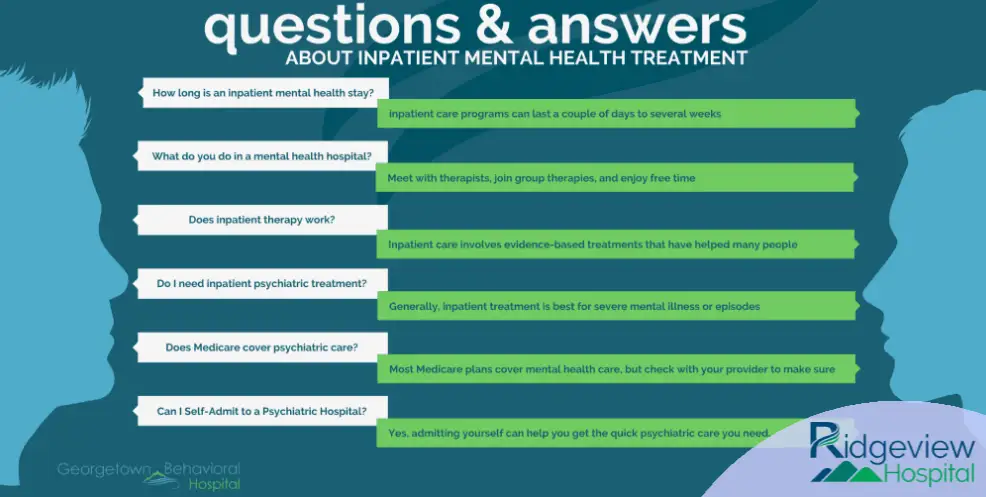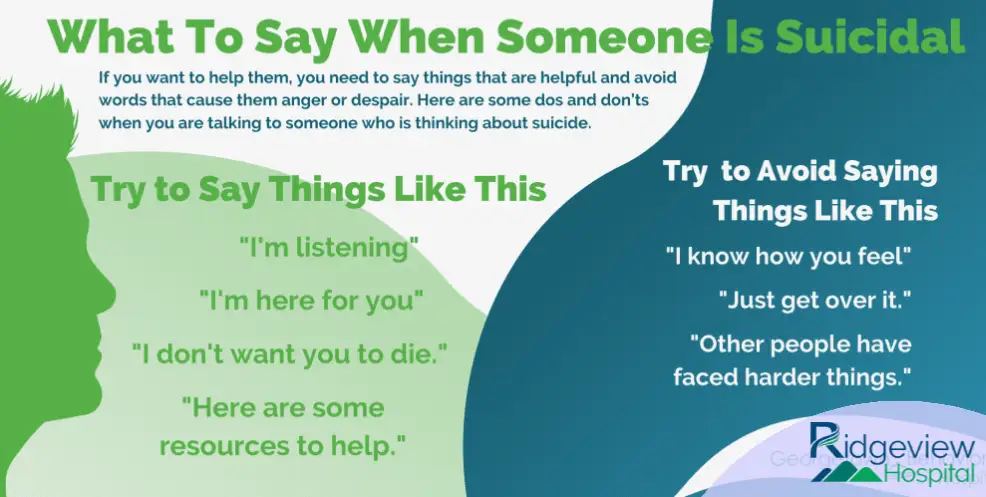Staging an intervention can help friends and family overcome feelings of helplessness in the face of addiction. Watching a loved one deal with a drug or alcohol addiction without feeling like there’s anything you can do is one of the hardest things you can go through. But by planning an intervention, you can take steps to help your loved one.
However, not all interventions work. If you want to reduce the chances of your loved one storming from the room, it’s important to know what successful interventions get right.
If you’re ready to start planning an intervention, follow these tips to increase your chances of getting through to your friend or family member.
Learn About Their Addiction

When looking in from the outside, it seems obvious that your loved one should seek treatment for their problem. However, life is a lot more complicated for them than what you see on the outside. Addictions can be complex, with many people, life experiences, and circumstances playing their roles. Mental illness can make the possibility of recovery even harder.
For many people living with drug addiction, they cannot see their problem. The nature of their addiction prevents them from identifying issues. While you can do your best to show them the light, know that their headspace may make it hard for them to understand. And because they can’t understand you, it’s important that you do your best to understand them.
It’s so important that you, and anyone else attending the intervention, take the time to understand their addiction better. That includes the specifics of their drug of choice, but it may also include the people or circumstances that have contributed to their addiction, as well as ways you may have been enabling their addiction.
A little online research can go a long way towards learning about their addiction, but watching movies about drug addiction can also make the details of an addiction seem more personal. Sympathizing with a fictional character can help you find new ways to sympathize with your loved one, even if their behavior and addiction fills you with frustration and anger.
Gather the Right Intervention Team
It is so important to take the time to consider who should be at the intervention. It may seem obvious that close friends and family should come, but that doesn’t mean every close friend or family member has to attend. Those who like to incite issues, are quick to anger, or whom the person has a strained relationship with may need to stay home.
Staging an intervention is also much more likely to be successful if you invite a professional interventionist to attend the meeting. It’s easy to feel like everyone is ganging up on you when you’re the focus of an intervention. Having a third, impartial party there can help keep everyone as fair as possible.
Prepare What You Want to Say

Saying how you feel can be hard. In the moment, you may stumble over what you want to say or find yourself getting frustrated or overwhelmed.
It’s important to prepare exactly what you want to say ahead of time. An intervention specialist can help you craft exactly what you want to say. By helping you practice your script, they can make sure you’re staying neutral and not emotionally charged.
Once everyone has prepared what they want to say, encourage them to stick to what they have written. Your carefully crafted messages are more important than what you might want to ad-lib in the moment. Tensions run high when you’re staging an intervention, so sticking to the plan is a must.
Set the Stage
What you choose to say at the intervention is important, but it is setting the stage is just as vital. When and where you hold the meeting can make a huge difference in how comfortable everyone is, and how receptive your loved one is to what you have to say.
Choose a time to talk when the addicted person is less likely to be under the influence, as it’s the best chance you have at reaching them. If you can, choose a neutral location, like a therapist or interventionist’s office. Not only are they more likely to be on their best behavior, but they can’t storm off to a bedroom or a private space. This will keep them grounded in the moment and listening to what you need to say.
Be as Warm, Open, and Respectful as Possible
It’s normal to feel angry about your loved one’s drug abuse and their disinterest in seeking addiction treatment. What you don’t want to do is blow up at them, yell, or even roll your eyes. They need to feel supported right now, and even justified judgement will not help your cause.
It’s important to practice ways you can control your anger in the moment, so your loved one doesn’t shut down, start yelling, or worse, decide to leave before the intervention is over. You might learn muscle relaxation techniques, request that someone else in the group take a turn to give yourself a break when you’re feeling angry, or visualize forgiving them when they have finally kicked their drug or alcohol addiction.
Do your best to be as warm, open, and respectful as possible. Encourage everyone in the group to do the same, and don’t be afraid to ask the interventionist for tips on how to stay calm.
Create a Backup Plan
It’s true that the tips on this list will increase your chances of staging an intervention successfully, but nothing guarantees success. Interventions can be unpredictable, even if you have planned ahead and have an intervention specialist in attendance.
It’s important to be prepared for what might happen, and to have a backup plan in case something unexpected does occur. It isn’t uncommon for people to cry uncontrollably, storm out of the room, yell, or say harmful things in the hopes of cutting the intervention short. Work with your interventionist to decide what everyone is going to do in case your loved one reacts negatively.
FAQ
What is an intervention and why is it necessary?
An intervention is a structured and supportive meeting where family and friends encourage a loved one to seek help for their behavioral or substance abuse issues. It is necessary to help the individual recognize the impact of their behavior on themselves and others and to motivate them to enter treatment.
Who should be involved in an intervention?
An intervention should involve close family members, friends, and sometimes colleagues who are concerned about the person’s well-being. It is often helpful to include a professional interventionist or counselor to guide the process and provide support.
How should I prepare for an intervention?
Preparation is crucial for a successful intervention. This includes researching treatment options, organizing a planning meeting with participants, writing personal impact statements, and rehearsing the intervention. Consulting with a professional can also provide valuable guidance.
What should I do if my loved one refuses help during the intervention?
If your loved one refuses help, remain calm and respectful. Reinforce the importance of seeking treatment and express continued support. It’s important to set clear boundaries and consequences if they refuse help. Follow up with additional support and consider involving a professional for further assistance.
What are the signs that an intervention is needed?
Signs that an intervention is needed include noticeable changes in behavior, neglect of responsibilities, withdrawal from social activities, financial problems, legal issues, and physical or mental health decline. When these issues persist despite attempts to address them, an intervention may be necessary.
Know Exactly Where Your Loved One Can Go After the Intervention
Hopefully, everything will go well, but then what? It is extremely important that you know what addiction treatment facility your friend or family member can go to immediately after the intervention to get help. After all, staging an intervention is only the first step.
More than anything, patients need to know that they will receive the best possible care. It’s important to remember that the care you need today may be different from the care you need tomorrow. There are many types of therapy available at Ridgeview Behavioral Hospital, so reach out if you need assistance in the Middle Point, Ohio area.
Call (419) 949-8590 to speak with one of our treatment specialists and learn more about our programs. Take our 😍 Mental Health Assessment or our 🧐 Addiction Test.





















